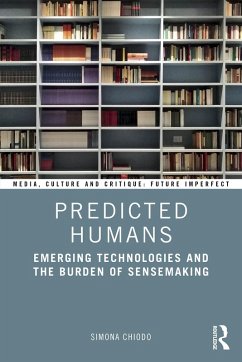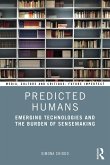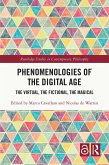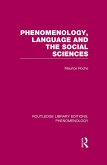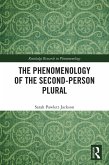This book offers a philosophical answer, reflecting on seminal texts in Western culture to argue that predicting our future renders much of our existence the automated effect of various causes, which, in turn, helps to alleviate the existential burden of autonomously making sense of our lives in a more competitive, demanding, accelerated society. An exploration of our tendency in a technological era to engineer and so rid ourselves of that which has hitherto been our primary reason for being - making life plans for a successful future, while faced with epistemological and ethical uncertainties - Predicted Humans will appeal to scholars of philosophy and social theory with interests in questions of moral responsibility and meaning in an increasingly technological world.
Dieser Download kann aus rechtlichen Gründen nur mit Rechnungsadresse in A, B, BG, CY, CZ, D, DK, EW, E, FIN, F, GR, HR, H, IRL, I, LT, L, LR, M, NL, PL, P, R, S, SLO, SK ausgeliefert werden.

